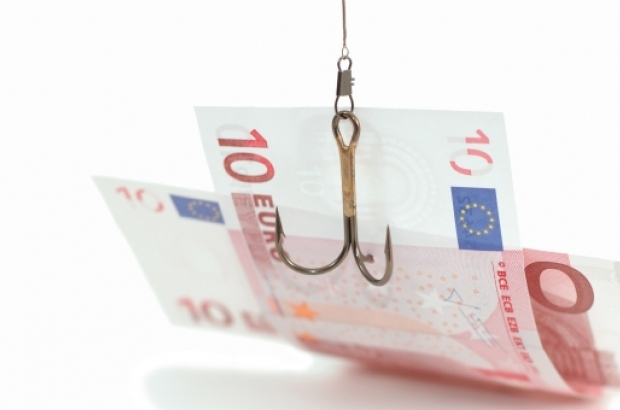- Daily & Weekly newsletters
- Buy & download The Bulletin
- Comment on our articles
Top four Belgian banks all feature in FinCEN file money laundering investigation
Belgian banks, while not figuring in a “top ten” list of money laundering culprits headed by Deutsche Bank and JP Morgan and including Standard Chartered, Barclays and Commerzbank, are by no means blameless, an investigation by the International Consortium of Investigative Journalists (ICIJ) has revealed.
The ICIJ inquiry looked into the FinCEN files – some 2,657 leaked documents from the United States Department of the Treasury’s Financial Crimes Enforcement Network (FinCEN). They describe over 200,000 shady transactions valued at more than US$2 trillion occurring from 1999 to 2017 across multiple global financial institutions. At the heart of these papers are 2,100 suspicious activity reports or SARs.
“JPMorgan Chase, HSBC and other big banks have defied money laundering crackdowns by moving staggering sums of illicit cash for shadowy characters and criminal networks that have spread chaos and undermined democracy around the world” the ICIJ said.
In a special report, Belgian newspaper ‘Le Soir’ said that Belgian banks are not ‘all white’. “Our country appeared several times in the FinCEN files. De Tijd Knack and Le Soir have done the maths: 365 out of 2,100 SARs contained the word ‘Belgium’ and ING, KBC, Belfius and BNP Paribas Fortis, the four biggest Belgian institutions, are all cited.
“They are mentioned in reports that went astray as accounts based in Belgium are used in suspect transfers, going from a few hundred to several million dollars,” the paper says.
“Some banks [not just Belgian ones] notify suspect transactions far too late, after having ignored important signs of money laundering. Sometimes banks try simple Google searches to try and find the person behind a transaction of several million dollars. In other cases, they do not start to signal suspect transactions until after one of their clients is mentioned in a slightly critical report.”
In defence, the European Banking Federation (EBF) said banks do what they can to report suspect transactions. “But the FinCEN Files show that we cannot fight this alone,” the federation said, calling for an improved fight against money laundering, with stricter rules and supervision harmonised at a European level.
Meanwhile, Belgian banks have notified 74,000 suspect operations to the country’s Financial Intelligence Processing Unit (CTIF - Cellule de traitement des informations financières). But the Belgian equivalent of US FinCEN said this does not mean the fight against money laundering is working: “Gaps on the ground are still observed.”



















Comments
A "suspect" operation doesn't mean anything illegal took place. It just means it is worthy of investigation. I could be buying a house in Italy by transferring money from my country to a Belgian bank where I have an account because I don't have one in Italy. That movement of funds could be flagged as "suspect," but really it's just a regular guy buying a second residence...